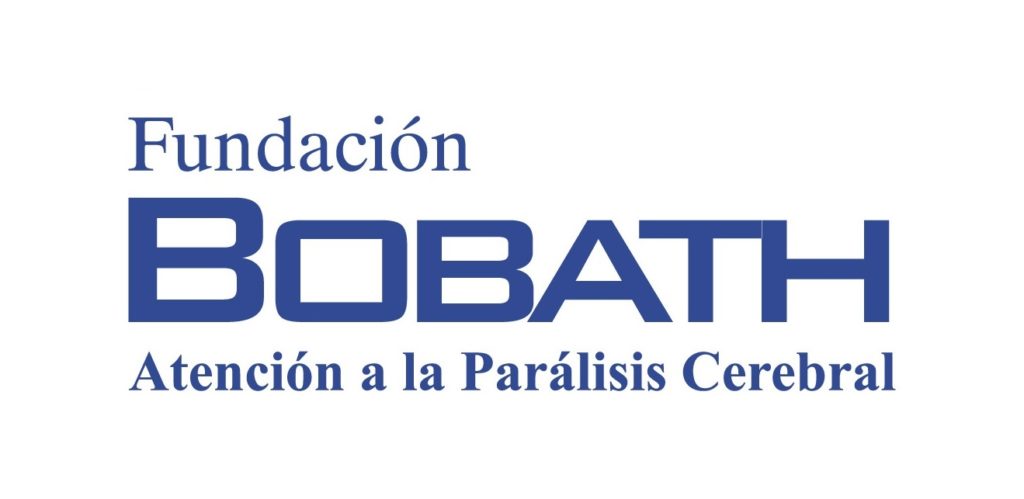The business world and IT are closely related. IT helps businesses reduce costs simply by automating processes, thus helping companies conduct more efficiently & effectively. In addition, it provides security to very sensitive information & helps in storing it safely in the cloud. In addition, it helps in boosting productivity. This allows company to invest in other areas like enhanced web security, staff rejuvenation applications & better financial investment opportunities to help the corporation achieve better returns & finance.
Since technology’s democratizing forces travel innovation toward guru networks with the edges from the enterprise, a premium will be put on IT’s ability to enable it, demanding a shift from its traditional position as centralized controller of technology application and functions to a dealer of small blocks of interoperable code. It may do this by giving tools and platforms, reusable-code libraries that happen to be easily accessible, and flexible, standards-based architectures that make it much easier to scale applications.
The democratizing forces of technology are creating far more data about and touchpoints with consumers, reshaping the boundaries of trust and requiring a diverse understanding of a company’s responsibility for cybersecurity and privacy. IT can perform a lot a knockout post to create these capacities, but enabling nontechnical personnel is equally important. One pharma company, for instance, gives local business units the flexibility to run with a new idea that isn’t standard, nevertheless the unit must commit to supporting other departments use it, and IT creates it in standards. Simply by reducing the price tag on experimentation, it is typically easier to uncover right from mistakes and develop better ways of performing things.



